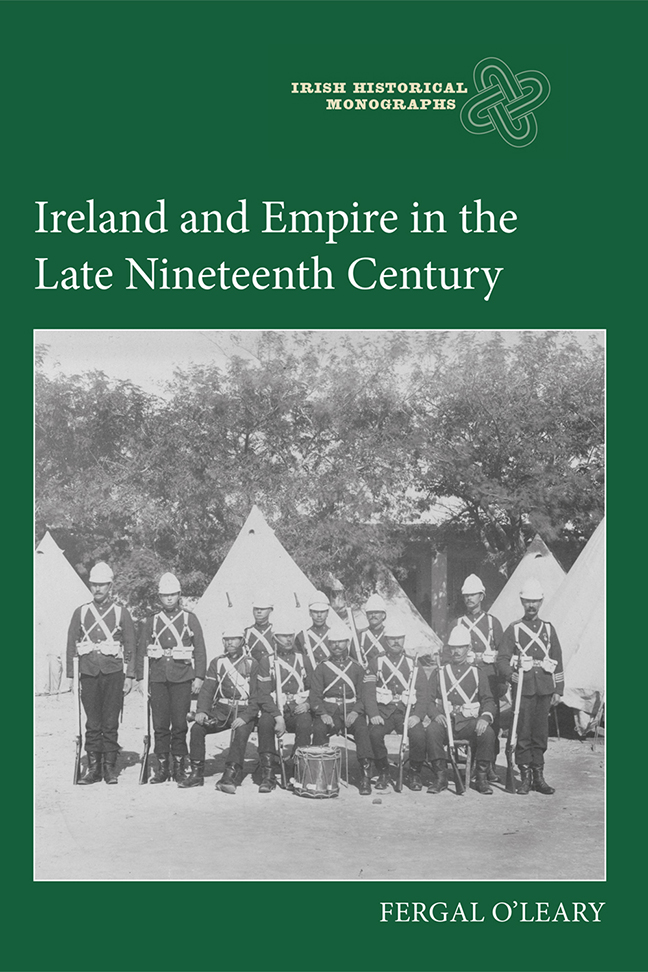4 - Reading Empire: Identities, Patriotism, and the Press
Published online by Cambridge University Press: 17 December 2023
Summary
In partnership with Whelan and Reilly, it seemed that Joseph Walsh might become a millionaire. All three men were reportedly holders of one of the richest claims in Kanana. If Walsh did not become a millionaire, the Galwayman would at least be one of ‘the successful few who are making their “pile” in distant Australia’. Driven men, struck by ‘gold fever’, left Britain and Ireland to seek their fortunes in the empire's goldfields. Alas, most of them failed. A report in the Galway Observer, based on a private letter received locally, expressed delight at news of Walsh's share in a wealthy mine at Kalgoorie. ‘It is a pleasure to note the carreer [sic] of successful Galway men abroad’, declared the reporter. Writing for a local newspaper, circulating in County Galway, the reporter perhaps had to say that. Did this mean, however, that the reporter failed to take pleasure from the successful careers of non-locals? When it came down to it, why did the success of men from Galway matter so much? Identities, be they local or national, could be strongly held, and they were often underpinned by a sense of loyalty or affinity to a place, or to people with a connection to that place.
An identity was a rather complex construct in terms of its definition and formation. Broadly speaking, it related to an individual or collective sense of belonging and how people saw themselves in relation to others. According to Catherine Hall, the construction of identities involved ‘the making of self through the making and marking off of others’. A multitude of identities could exist in any place, and at any time, formed and shaped by different factors, with the imperial factor being one. An identity could be transnational, shared among people of common descent who lived in different places. Following mass European emigration in the nineteenth century to different parts of the world, a sense of identity helped emigrants maintain a link with their homeland, despite the distances involved. The movement of Irish people within the British Empire and elsewhere, over many generations, strengthened traditional identities and contributed to the formation of newer ones.
A sense of identity, often a key element of an individual's politics or tradition, was felt by many people in everyday life and therefore part of the cultural experience.
- Type
- Chapter
- Information
- Ireland and Empire in the Late Nineteenth Century , pp. 120 - 148Publisher: Boydell & BrewerPrint publication year: 2023



